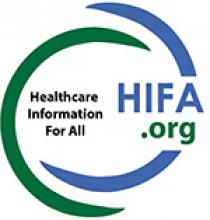Sponsorship opportunity: Please contact us for details.
Healthcare Information: "The information that people need to protect their own health and the health of others" The primary focus is practical healthcare information: health education, manuals, guidelines, formularies, research outputs... for citizens and frontline health professionals. The group may also look at issues relating to the information needs of researchers and policymakers, and issue relating to availability and use of routine data (eg statistics) .
Evaluating the impact of healthcare information activities (organisations, services, products, publications) is challenging but necessary to:
- identify what works and what doesn't in different contexts
- enable providers and users of healthcare information to continually improve their effectiveness
- persuade funders, governments and others to invest in future healthcare information activities.


